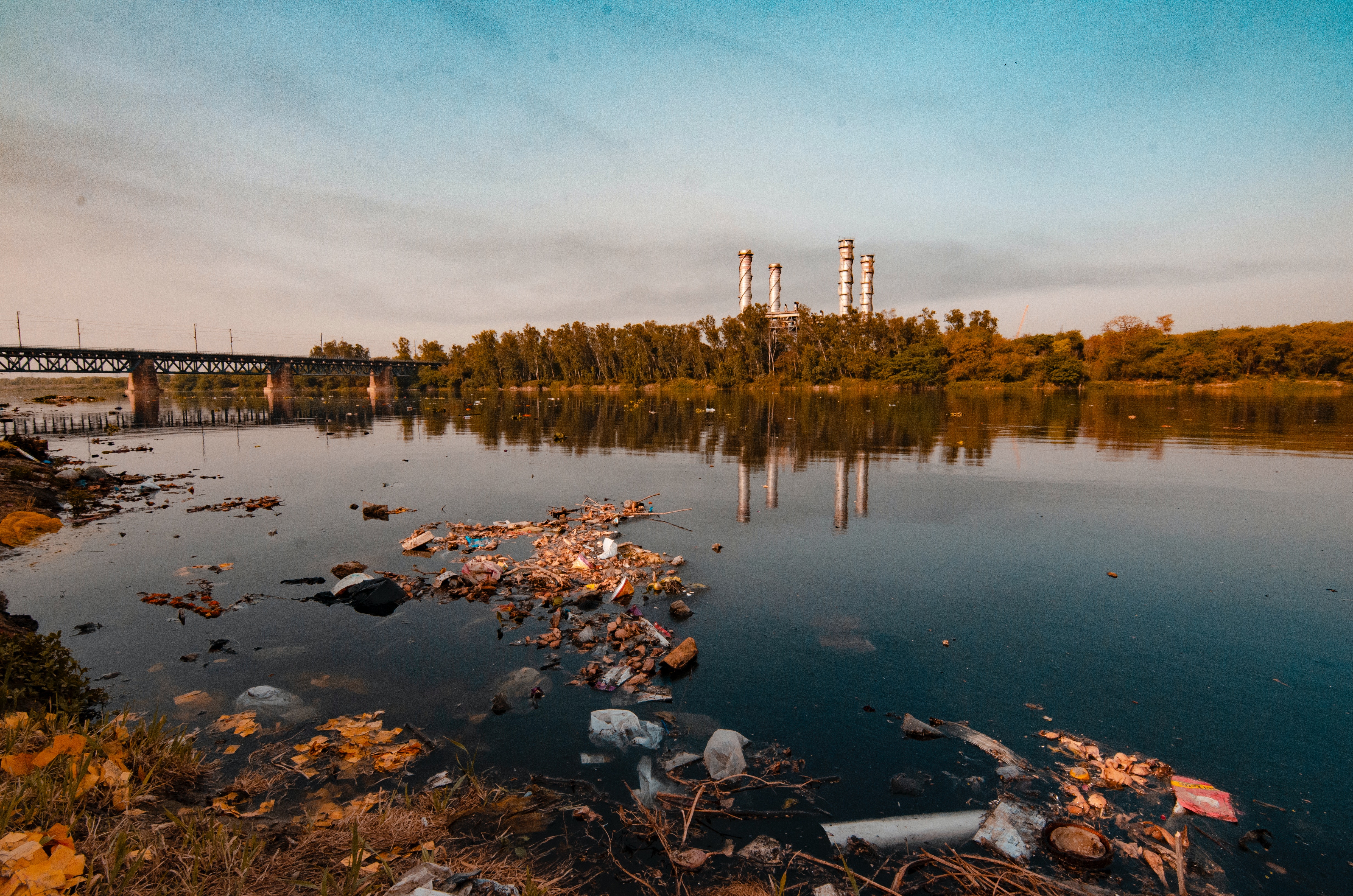The Pavitra Ganga partners involved in the water governance work package have published an open access scientific article in the Journal for Resources, Conservation and Recycling published by Elsevier. The paper identifies key drivers and barriers of the current governance structures that influence the long-term operation and up-scaling of wastewater treatment and reuse systems and practices in India.
Pavitra Ganga’s research on this topic aimed particularly on the key laws, policies and government programmes at different administrative levels and the governance structures that have an impact on wastewater treatment and reuse practices.

Delphi study
In contrast to previous studies on the topic, the analyses were not only based on existing peer-reviewed and grey literature but also on stakeholder practices, experiences, knowledge and perceptions gathered in a two-round Delphi study.
The study showed that policy and regulatory interventions and government support programmes to increase wastewater treatment infrastructure can create successful business models for wastewater treatment and reuse but need effective monitoring, enforcement and follow-up at all governance levels (central, national and local governing bodies).
Recommendations
The paper concludes with the following recommendations for future governance of wastewater treatment and reuse in India:
- There is a need to develop target-based regulations, defined national reuse standards for treated sewage and effective enforcement strategies
- Policy and guiding frameworks need to establish detailed guidance on sewage treatment and reuse technologies (fit-for-purpose treatment).
- Effective financing mechanisms (funds, taxes, tariffs) that permit sufficient cost-recovery for long-term operation and maintenance of sewage treatment infrastructure should be established
- Institutional and monitoring capacity needs to be strengthened and engagement and collaboration of key stakeholders has to be tackled to increase acceptance of waste-recycled products.
